The classic dilemma when buying a property is whether to buy new, to buy something older but move-in-ready, or to buy a complete fixer-upper? For a first-time homebuyer seeking an eco-friendly home it's even more complicated! This puzzle can feel as baffling as choosing between chocolate, vanilla, or strawberry ice cream on a sweltering summer day - and trying to find one that's made from organic milk and reduced sugar too! But be reassured, we are here to guide you through this delightfully intricate decision making process with the expertise of a seasoned property connoisseur and the charisma of your favorite college professor...
In this in-depth guide into buying a home, we will look into the most crucial considerations for each of these three options and then roll in eco-friendliness and healthy choices. Complete with bullet-point checklists of the most significant factors influencing a potential home being a suitable or unsuitable choice as both an environmentally-conscious and healthy home and an investment in the current market.
We will also explore the questions a potential buyer should ask themselves to reach an informed decision based on their individual circumstances. We're also concentrating on single family homes here, or row homes and town homes, or semi-detached homes. Condos and apartments are a whole other subject for another day!
So, grab your favourite coffee or tea beverage (or a glass of wine or beer, we won't judge), and let's embark on this journey to eco-friendly homeownership together.

Buying new homes – the pros and cons
Ah, the appeal of a brand-new home – the immaculate walls, the gleaming appliances, (the absence of mysterious stains on the bedroom carpet or funky smells under the stairs). But is buying a new home the right choice in terms of eco-friendliness, health or future investment? Let's examine the pros and cons.
Pros of a new home:
- Contemporary design and amenities: New homes often feature the latest design trends and amenities, such as open floor plans, energy-efficient appliances, and smart home technology.
- Better energy efficiency: Depending on code requirements in the area you're buying in, or the depth of knowledge of the builders, a new home has the possibility of having been built from the ground-up for energy efficiency. (Although when home efficiency labeling comes in in Canada and the US, this may show a huge range in the quality of newly built homes which can significantly affect future property values.)
- Lower maintenance costs: With everything being brand-new, you're less likely to face expensive repairs in the first few years of homeownership.
- Builder warranties: Many new homes include warranties that cover defects in materials and workmanship, providing you peace of mind.
- Customization: Depending on the construction stage, you may be able to select finishes, fixtures, and other design elements to suit your tastes and sustainable preferences.
Cons of buying a new home:
- Higher price tag: New homes typically carry a higher price tag than older homes, which may mean a larger down payment and higher monthly mortgage payments.
- Limited character: While new homes have modern amenities, they may lack the charm and character of older homes - but then this always depends on location and budget too.
- Potential construction delays: If you're purchasing a home still under construction, you may encounter delays that could postpone your move-in date.
- Less room for negotiation: Builders are less likely to negotiate on price than individual sellers, which could limit your bargaining power.
- Environmental impact: New construction can contribute to deforestation, habitat destruction, and increased carbon emissions, and may find itself contributing to urban sprawl, in satellite communities with few amenities or sustainable transport options.
- New homes aren't all well built: Because of a general lack of construction materials due to supply-chain issues and inflation, certain large-volume home builders have a constant pressure on building homes to a price. Add in a diminishing labor pool of experienced contractors, and an increase in immigrant workers into the construction industry with a broad spectrum of training and language skills. In the last few years we have seen some nightmare new construction homes. We highly recommend doing your due diligence on the construction company before making a purchase decision, and also that a pre-possession inspection, and pre-warranty expiry inspection can be a very advisable investment.
- Is it built on a basement?: Homes with new basements shouldn't really have finished basements. Not unless you want to grow dangerous mold that is. And crawl spaces aren't really that much better than basements for air quality or mold issues. Both basements and crawl spaces are potential issues for Radon gas ingress too - be certain to check on Radon maps or local inspectors for Radon hot spots and buy and install a Radon meter in the hope you never need it.
- Standard new homes often have interior air quality issues: You might be thinking that a new home should be a healthy home - but not necessarily. Many of the materials used to build new homes are full of noxious chemicals like formaldehyde, have a read in this section and you will get to know what to ask a new home builder before dropping that deposit check.
Checklist for buying new homes:
- Is the higher price tag within your budget?
- Are modern design and amenities essential to you?
- Is the home built to the highest standard of efficiency available in your area? (And why this is essential for future resale values in North America.)
- Are you willing to potentially deal with construction delays?
- Are you comfortable with less room for negotiation on price?
- Have you considered the environmental impact of new construction and does this sit well with your ethics?
- Is the home built with careful consideration of indoor air quality to protect health?
- Are you prepared to do due diligence and pay for expert assistance to prevent problems?
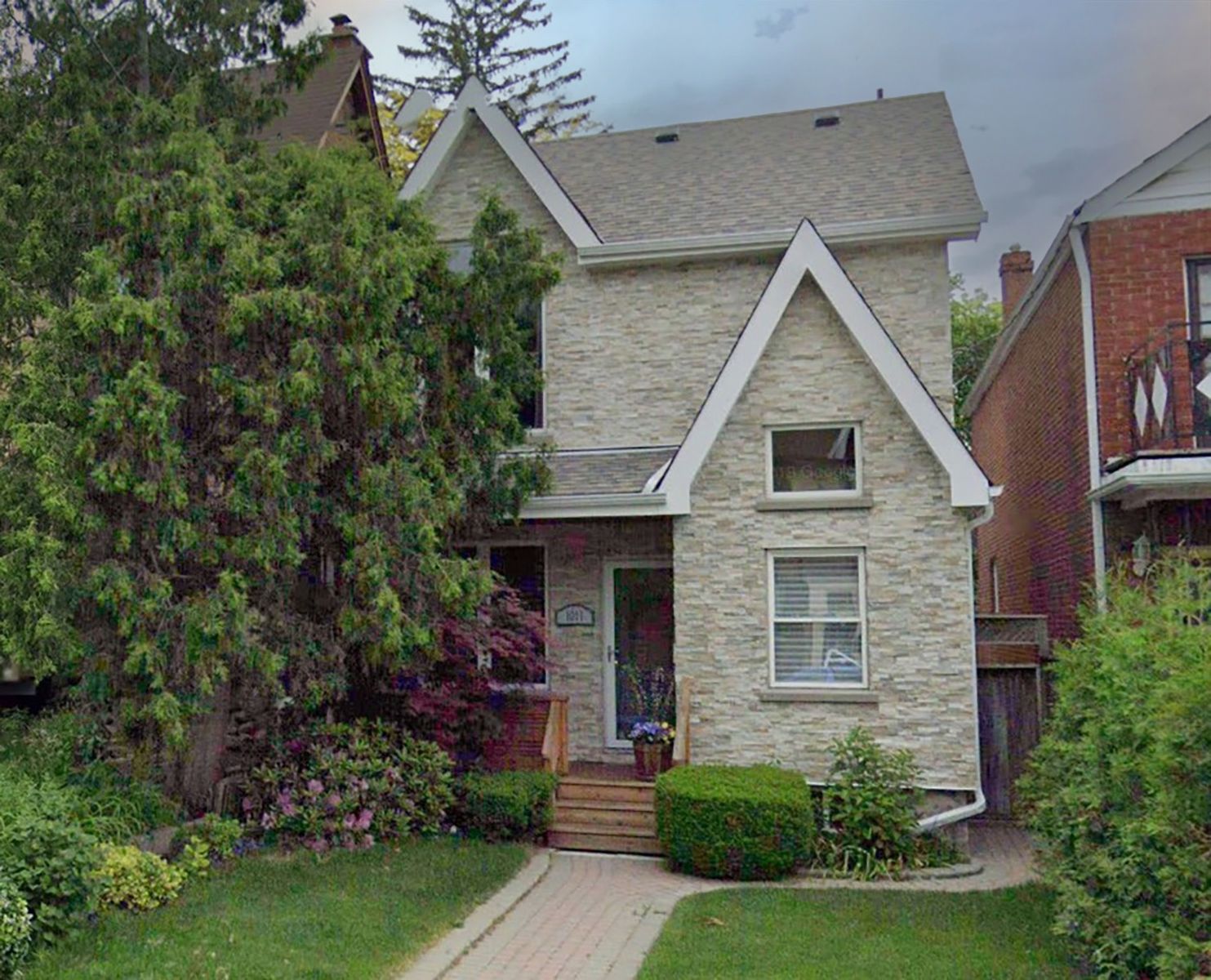
Buying older homes – the pros and cons for new home owners
There's something undeniably charming about an older home, with its creaky floors, intricate moldings, and the lingering aroma of Grandma's cookies (at least that's how older homes are presented on the best TV reno shows!) But is buying an older pre-loved home the right choice for you in terms of being eco-friendly, health conscious and investment-wise? Let's examine the pros and cons.
The pros of older renovated homes:
- A Lower price tag: Older homes often carry a lower price tag than new homes, which may mean a smaller down payment and lower monthly mortgage payments.
- Established neighborhoods: Older homes are often located in established neighborhoods with mature trees, parks, and a sense of community.
- Unique character: Older homes often possess architectural details and charm that you won't find in new construction. Unique character can be a double-edged sword - you might like that dark green ceiling in the family room and the lime green walls in the kitchen, but if you have an eye on future investment potential, just remember that not everyone will.
- Potential for appreciation: With some TLC and green upgrades, an older home in a desirable neighborhood can appreciate in value over time.
- Reduced environmental impact: Purchasing an older home can help preserve existing structures and decrease the demand for new construction, as well as keeping construction materials out of landfill.
The cons of buying older renovated homes:
- Higher maintenance costs: Older homes may require more maintenance and repairs than new homes, which can add up over time.
- Outdated design and amenities: Older homes may have dated design elements and lack modern amenities, such as energy-efficient appliances and smart home technology.
- Potential for hidden problems: Older homes may have concealed issues, such as outdated wiring or plumbing, that could require costly repairs.
- Less energy-efficient: Older homes may not be as well-insulated or energy-efficient as new homes, which could result in higher utility bills.
- Are they built on a basement or crawls space?: If so, see above in the new homes section!
Checklist for buying older homes
- Is it only the apparently lower price tag appealing to you? If so, buy new or renovate.
- Do any of the renovations to the property have credible warranties? If not, assume it's a cover-up and bear in mind it will cost more to demolish shoddy workmanship and renovate than to just renovate.
- Do you value established neighborhoods and unique character?
- Are you prepared for potentially higher maintenance costs and hidden problems?
- Are you willing to compromise on modern design and amenities?
- Are you willing to invest in green upgrades to improve energy efficiency?
- If it is built on a basement or crawlspace? If so, expect problems and you're unlikely to be disappointed.
- Are you prepared to do due diligence and pay for expert assistance to spot cover-ups and prevent future problems?
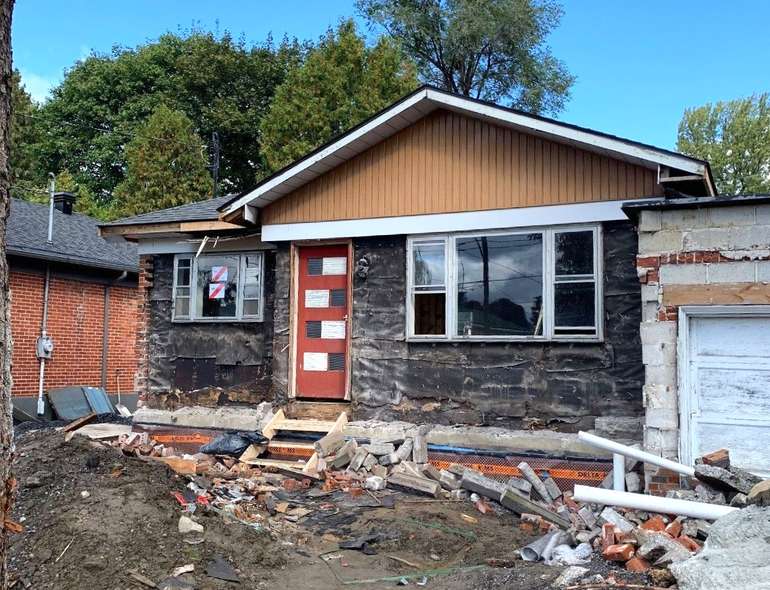
Buying a fixer-upper – the pros and cons
For the adventurous at heart, there's nothing quite like the excitement of turning a rundown house into a dream home - especially when you've spent hours on HGTV seeing all the beautifully renovated homes and success stories on tv about flipping them for a profit. But whoa... first-time property buyers especially - first of all, make sure you also watch all the DIY nightmare shows and - is buying a fixer-upper the right choice for you in terms of eco-friendliness? Let's examine the pros and cons.
Pros of buying a fixer-upper:
- Bargain price: Fixer-uppers often carry a lower price tag than move-in-ready homes, which may mean a smaller down payment and lower monthly mortgage payments.
- Opportunity for customization: Renovating a fixer-upper allows you to create a home that suits your tastes and needs while incorporating eco-friendly materials and features.
- Potential for appreciation: With the right renovations, a fixer-upper can appreciate in value, potentially resulting in a significant return on investment.
- Sense of accomplishment: There's a certain satisfaction in knowing that your hard work and vision transformed a once-neglected property into a beautiful, eco-friendly home.
- Reduced environmental impact: Renovating an existing structure can help preserve resources and reduce waste associated with new construction.
Cons of buying a home to renovate:
- Time and effort: Renovating a fixer-upper can be a time-consuming and labor-intensive process and I'm going to say it always takes much longer than you ever anticipate!
- Unanticipated costs: Renovations often come with unexpected expenses, which can strain your budget.
- Financing challenges: Some lenders may be hesitant to finance a fixer-upper or may require a higher down payment or interest rate.
- Living in a construction zone: Depending on the extent of the renovations, you may need to live in a construction zone or find alternative housing during the renovation process.
Checklist for buying a fixer-upper:
- Are you willing to invest the time and effort required for a home renovation project?
- Do you have a realistic budget that accounts for potential unanticipated costs?
- Are you prepared to navigate potential financing challenges?
- Are you comfortable living in a construction zone or finding alternative housing during the renovation process?
- Are you committed to incorporating eco-friendly materials and features in your renovation (despite that most people will tell you it's going to cost lots more money?)
- Are you prepared to get a reputable home inspector to check for major and structural issues in all the most vulnerable places?
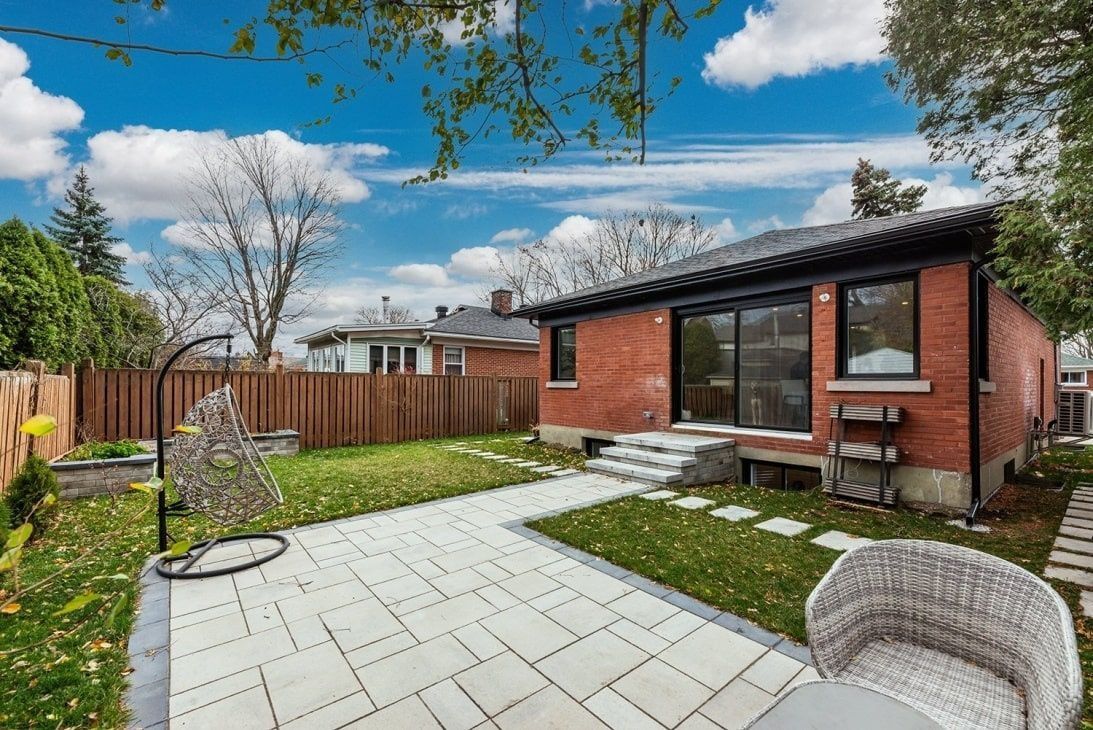
So should you buy a new home, buy a renovated move-in-ready home, or buy a fixer-upper?
As we've seen, each of these three options for a first home – buying a fixer-upper, new home, or a move-in-ready renovated property – comes with its own set of pros and cons concerning eco-friendliness, sustainability and value for money or future investment potential. Ultimately, the right choice for you will depend on your personal preferences, budget, and willingness to tackle potential challenges.
Life is about choices, consequences, careful preparation (or not), learning (or not) and personal experiences, so my opinon is just that, my opinion. For those who are interested, in my experience the best choice for which type of home to buy comes down to personal preferences and attitude to life.
If you are prepared to make sacrifices while keeping a positive attitude, and to build on a careful first choice of your very own home, then buying the most affordable, ugly and dilapidated home in the best neighbourhood comes with the potential of big rewards.
And when I say rewards, these may or may not mean financial ones! Some of my best and worse memories, and let's say 'learning curve' moments in life have been related to the property choices I've made over the years. And that's probably the best advice I can give on this subject - go with your gut feeling on what's the right choice for you.
Remember that to get the best rewards from a fixer-upper you're going to have to get a professional to check it for major issues, to learn some skills, and know when when spending money is necessary. You'll need to be very careful in the choices made along the process by doing due diligence at every step of the way.
And, if you're in your 30's and have yet to get your hands dirty fixing up where you live or at the very least fixing your car, then I have to suggest just forget the home reno dream and stick to a new built home that is certified to a higher standard than basic minimum legal standard code.
Or, buy a professionally renovated and warranted older move-in-ready home in the very best neighborhood. Location, location, location are the three most important things when buying any home, and especially first homes if you want it to get you on that all-important housing ladder. And if you're enthralled by the idea of tiny homes, THOWs or container homes, I would recommend having a read through these guides first.
To help you make a careful and informed decision, use the checklists provided in each section above to evaluate your priorities and determine which option aligns best with your goals for an eco-friendly property or first home.
And remember, no matter which path you choose, the journey to homeownership is generally an exciting and rewarding adventure. So, go forth and conquer, dear reader, and may you find the perfect green home to call your very own. Comments and feeback are always welcomed below.
Now that you know more about choosing the right home, find more pages about sustainable and resilient green building techniques here :
Find more about green home construction in the Ecohome Green Building Guide pages or to learn more about the benefits of a free Ecohome Network Membership, see here. |
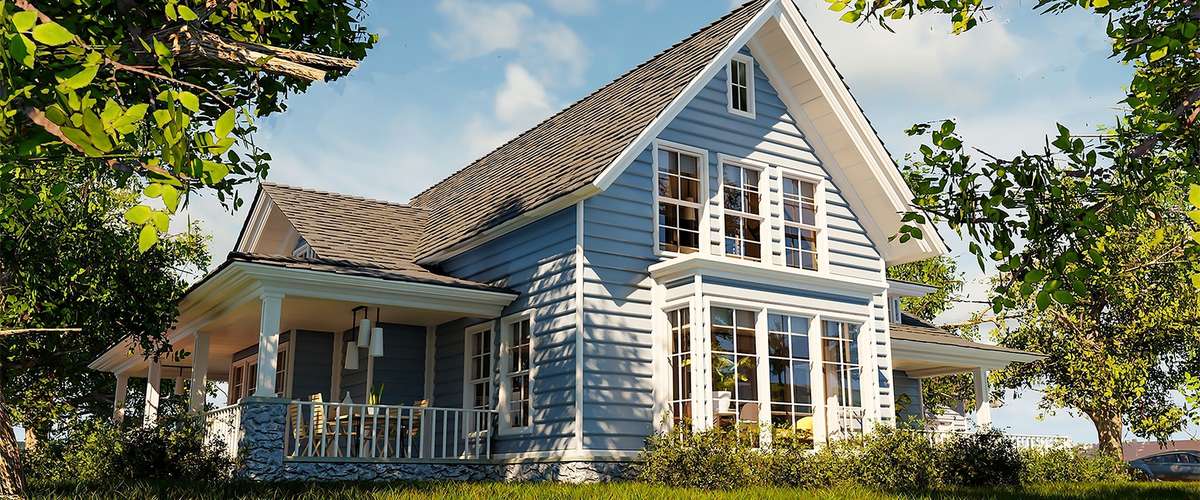







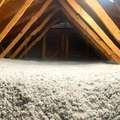
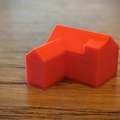

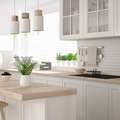


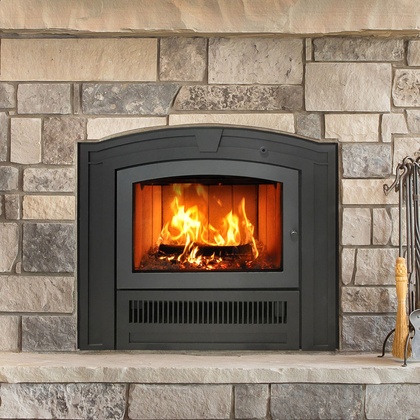

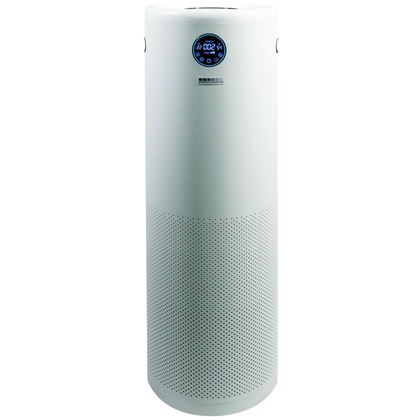



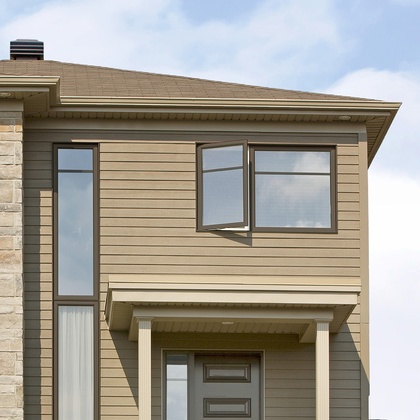

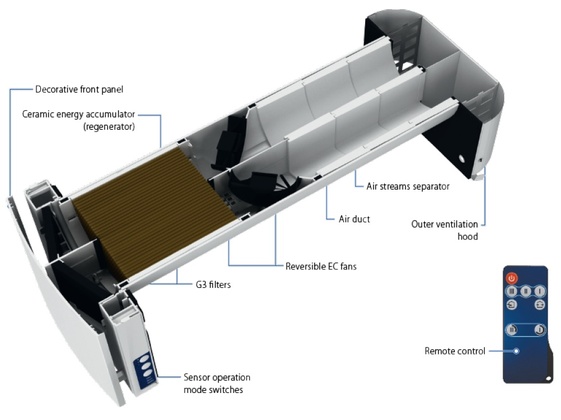


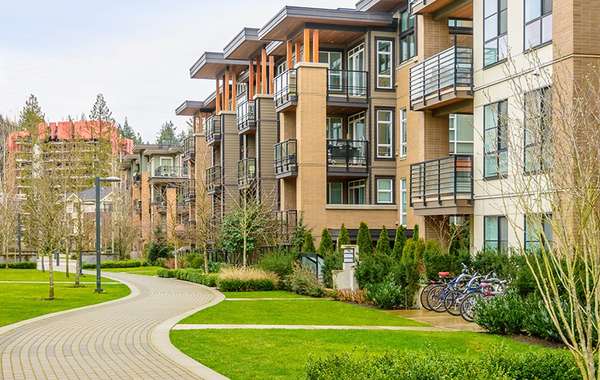
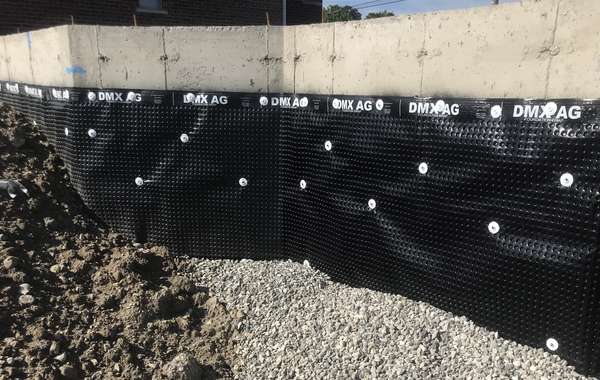
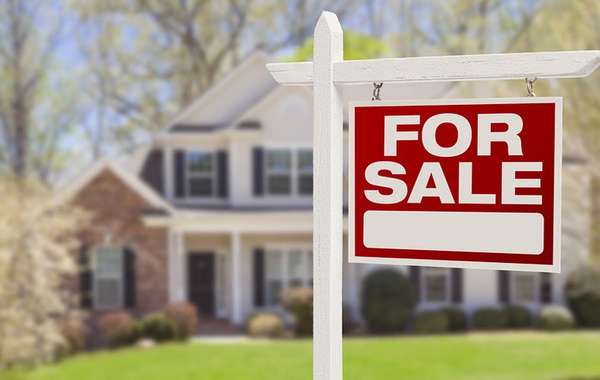

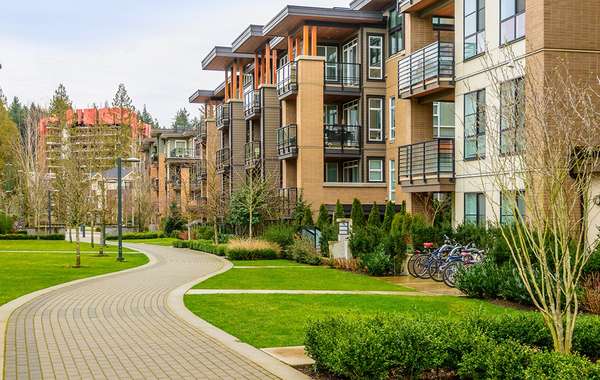
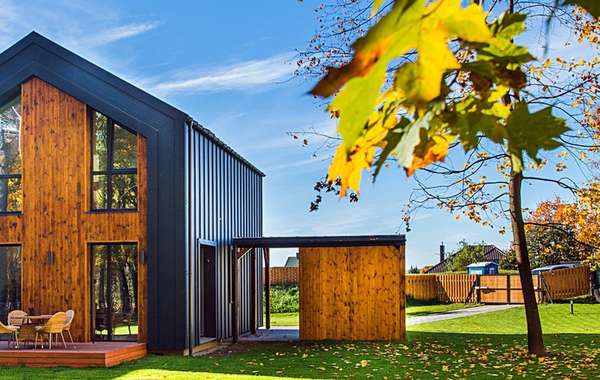
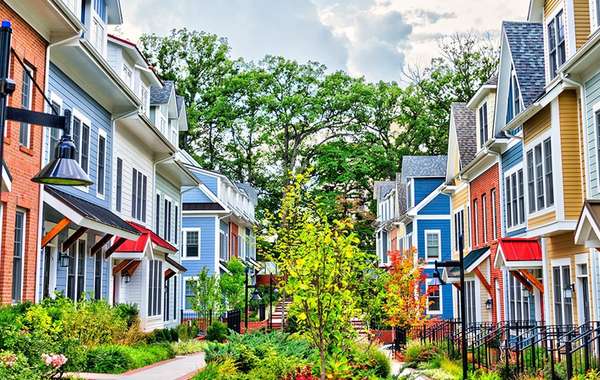
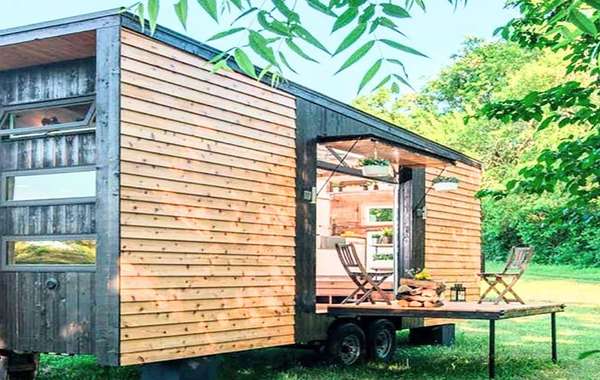
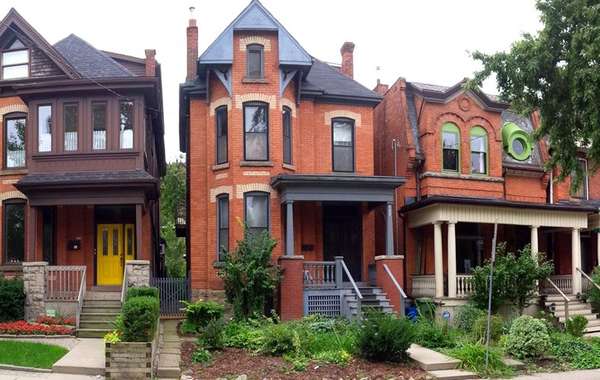
Comments (0)
Sign Up to Comment